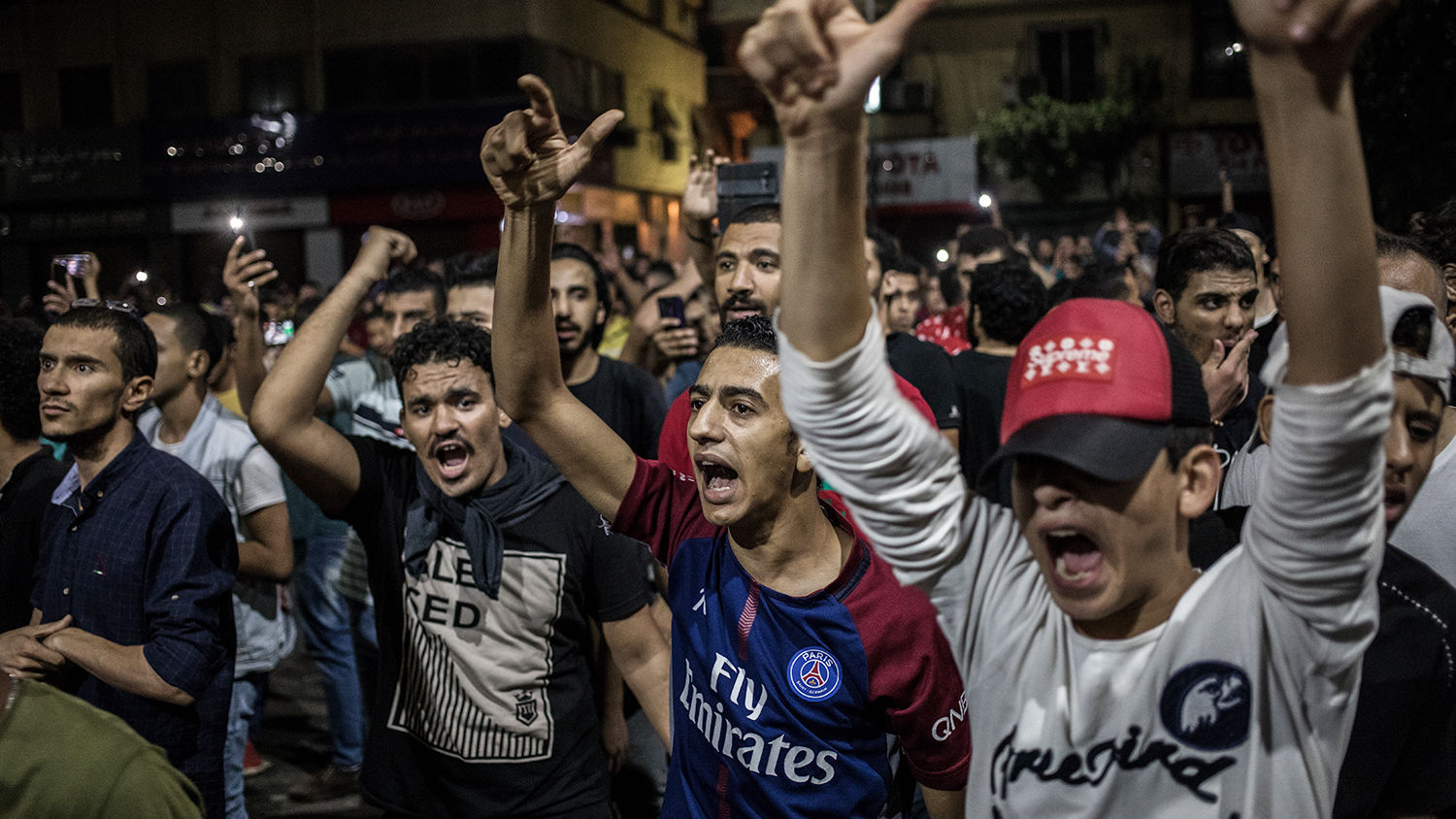Fifteen Russian delegations have visited Egypt within five years since the Russian plane fell and crashed in Sinai in October 2015, and 235 Russians were killed. However, the tourists did not come back to Egypt. Since that date, Egyptian airports have subjected many international and Russian delegations to inspections regarding security and safety measures inside those airports, especially the airports of Egyptian resorts on the Red Sea. On Friday, the last delegation ended its week-long visit to Egypt to inspect the Sharm el-Sheikh and Hurghada airports in order to resume air traffic to all Egyptian airports.
The multiplicity of visits and inspection committees to Egyptian airports raised questions about Russia’s intention to fully open airspace with Egypt. And will Moscow put pressure on Cairo in light of the great losses suffered by the Egyptian tourism sector after the absence of Russian tourists for five years, in order to agree on some regional visions and issues? Despite Moscow’s announcement of its intention for Russian tourism to return to Egypt more than once, after it stopped following the plane crash, Moscow seems slow whenever there is an opportunity to resume flights. This step is always linked to obtaining qualitative gains in specific cases. The apparent shape of the relations between Cairo and Moscow suggests that they have come a long way over several issues. Cairo granted Russia a large industrial zone in the area east of the Suez Canal and signed an agreement with it to build the Dabaa nuclear reactor on the Mediterranean coast.
Tariq Fahmy, a political science professor at Cairo University, believes that Egyptian-Russian relations are governed by determinations and controls linked to the specificity of the relationship between the two countries. He said that the issue of stopping air traffic with Egypt is related to Russian reservations about the nature of Egyptian-American relations, as well as Israel. Fahmy confirms that Russia has two approaches towards Cairo. The declared, direct one emphasises the nature and pattern of strategic relations, cooperation, and the great partnership between them.
The other wants to define the form, content, and development of the relationship between the two countries, especially since Egyptian moves in the region are based on parity and not subject to dependency and diversification of arms sources in addition to coordinating regional files. According to Fahmy, Russia has reservations in Libya and the eastern Mediterranean region and sees the need to develop its relations with Egypt, especially since it has an old nostalgia to restore Russian projects that the Soviet Union carried out. Fahmy clarified that Russia requested facilities in some areas of the Mediterranean, and Cairo had not completely refused, but there was a dialogue between the two sides. Egypt has not conducted a full and direct strategic dialogue with Russia. Egypt relies in its relationship on diversifying alliances and diversifying sources, and Russia has not asked Egypt to establish a military base for itself on the Mediterranean.
As for General Staff Muhammad al-Shahawi, advisor to the College of Commanders and Staff, he said that relations between Egypt and Russia are strategic, especially in the military field, and there is always consensus in the visions between the two countries, especially in hotbeds of conflict in the region. He said that Egypt had implemented military contracts with Russia to import advanced modern weapons as part of a strategy to diversify weapons sources through air defence systems, in addition to Camov helicopters designated for the Mistral aircraft carrier, as well as Su-Khoy 35 aircraft, which Egypt contracted with despite the US’ objections. As for what is being raised about the pressure on Egypt regarding the implementation of the Dabaa nuclear plant, and the talk of Shahawi, Russia is implementing this plant through long-term interest-free loans, and therefore there are common interests.
Ayman Samir, professor of international relations, believes that the issue of returning aviation is linked to internal pressures by the Russian citizens themselves, more than the Russian government’s unwillingness not to open the airspace. As for the return of flying to Egypt, this would be interpreted as a kind of disregard for these victims and their feelings, so Russia was very slow in this matter. Egypt understood this slowness on the Russian side. It is noteworthy that direct Russian flights to tourist destinations Hurghada and Sharm el-Sheikh have been suspended since the crash of an Airbus 321 aircraft in the Sinai desert on October 31, 2015, carrying 224 people. It is noteworthy that direct Russian flights to tourist destinations, Hurghada and Sharm el-Sheikh, have been suspended since the crash of an Airbus 321 aircraft in the Sinai desert on October 31, 2015, carrying 224 people. However, direct flights between Moscow and Cairo were resumed on April 11, 2018.





Recent Comments